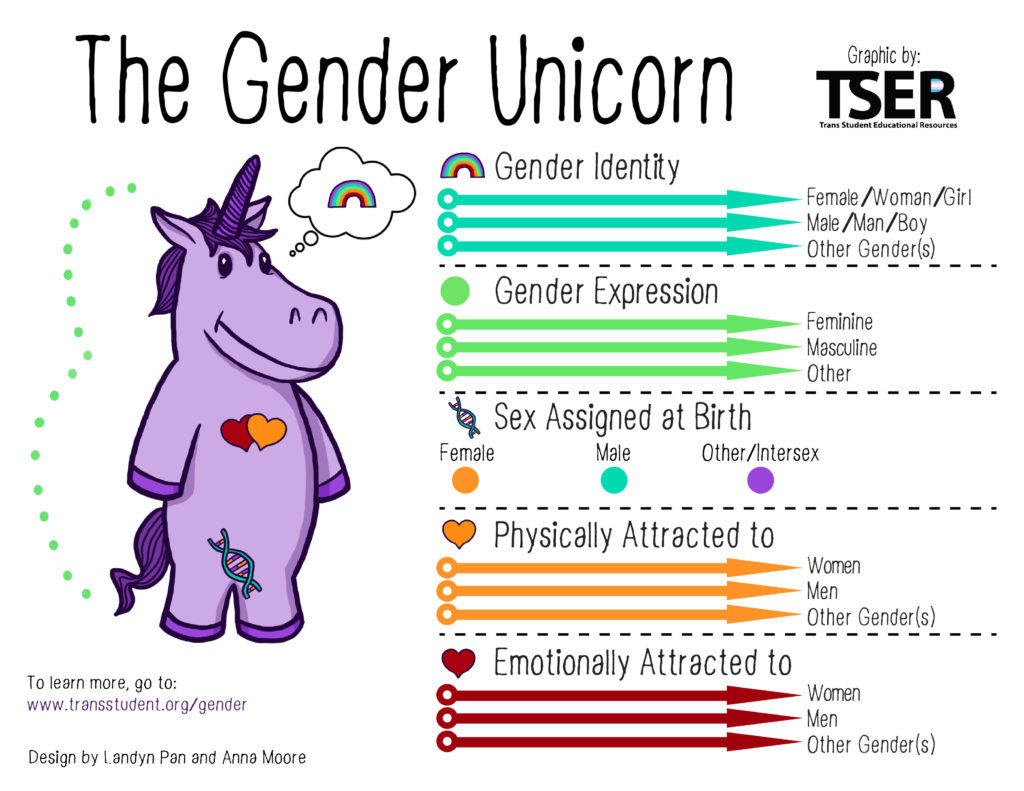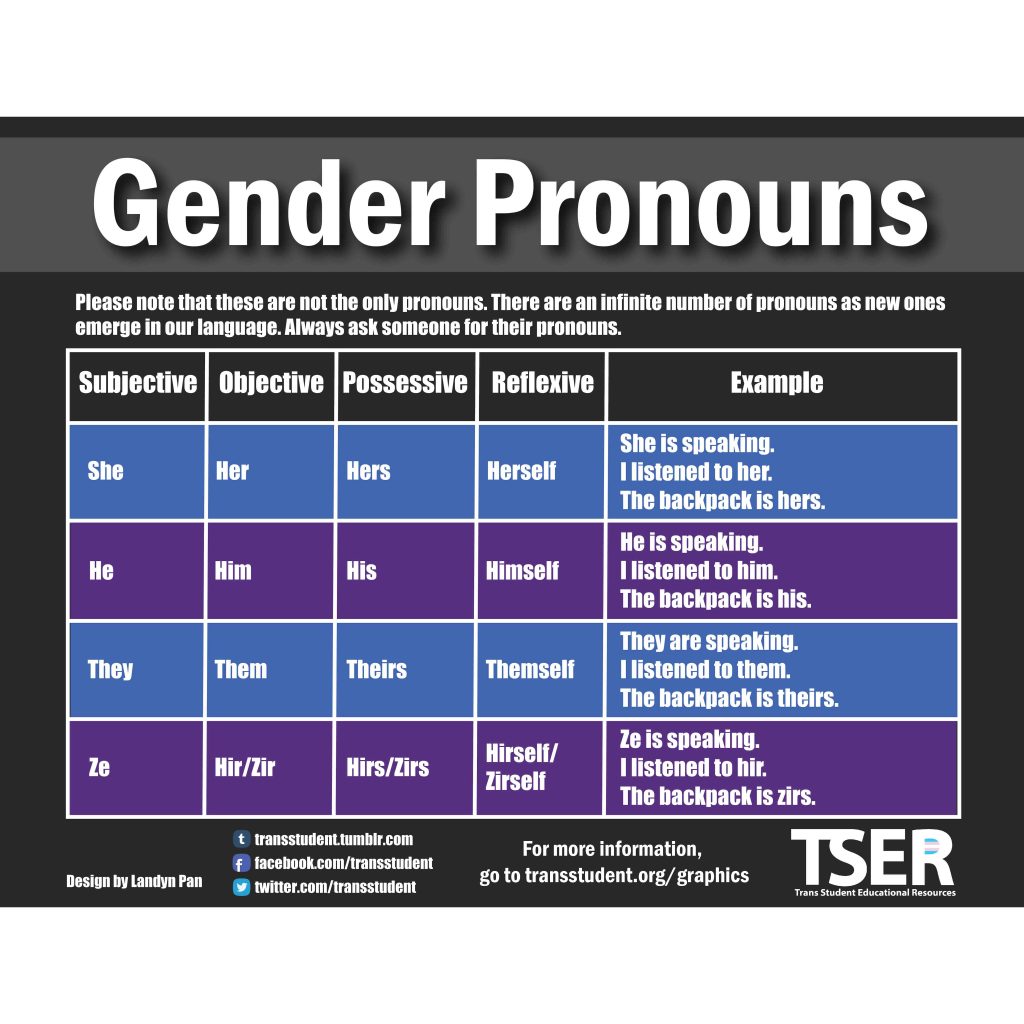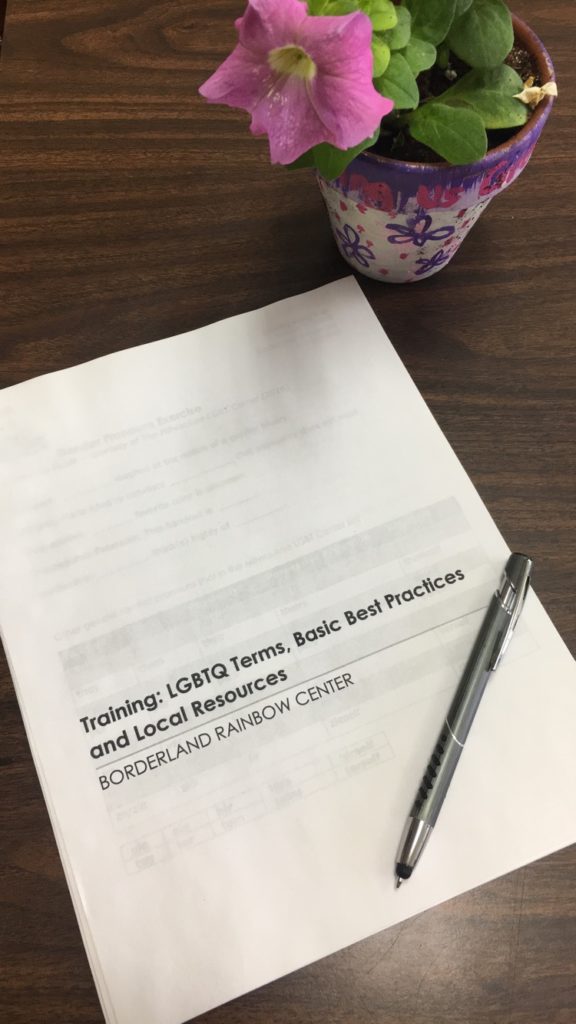Earlier this month, I sat in a room with about 20 school faculty and staff before two workshop facilitators. The participants ranged from elementary and high school administrators and teachers, representing a variety of areas, from elementary principal to 7th grade geography to 11th grade social studies. Our reason for gathering? To learn about best practices for working with students who identify as a part of the LGBTQ+ community.
I work at an all-girls Catholic middle school and high school, which some students have left feeling disrespected or even traumatized, because they identify as a member of the LGBTQ community. I quickly learned this from former students and some current teachers and students. Afterwards, I made a quick google search and came across one of the only outreach centers/shelters for LGBTQ+ youth in the area, Borderland Rainbow Center. I contacted them and some months later, the administration of this school agreed to have them facilitate a training – with the caveat that the training be optional.
Throughout the 2 hours-long workshop, we were peppered with questions from the facilitators like,
“Who here knows the difference between gender identity and sexual orientation?”
“What is a stereotype you’ve heard about, or held, for example, in regards to gay men?”
“How do you respond to other teachers who are bullying a student because of their gender identity or sexual orientation?”
Through open dialogue and small group activities, we covered many topics. We talked about the gender unicorn and used different celebrities as examples to talk about how each of their gender unicorns might look according to what you know about them.

Our facilitators defined words such as intersex, non-binary, and pansexual, and explained how to use and understand various gender pronouns.

We shared shows or books, such as “Queer Eye” and “Mom, I’m Gay,” that can act as tools in helping help folks who are unfamiliar with LGBTQ+ terms. As well as tools for folks who assume those who identify as LGBTQ+ are “confused” or whose perception of the LGBTQ+ community is built on stereotypes.The facilitators also volunteered their emotional energy to open up the floor for any questions that people might typically hold back for fear of being perceived a certain way.
“It’s so confusing!” A teacher in our group voiced during the workshop.
One of our facilitators nodded in agreement. She spoke of how she was confused herself when she first started learning – as a straight person who cares about the queer people in her life. She shared that she believes it is okay to be confused at first. But straight and cisgender people need to put in the time and self-education to support the LGBTQ+ community. Putting in the work can make a world of difference to students, or people outside of your workplace, who might be seriously lacking support or affirmation that they are loved and accepted just as they are and as humans.
Our other facilitator chimed in. She shared that as a queer woman, she’s also had questions of her own when it comes to being a better ally to those who also identify as LGBTQ+. She emphasized that asking is sometimes good to do, and self-education is always good to do.
Some of the teachers and staff members seemed engaged throughout the session, raising their hands, answering, and asking questions. Though there did appear to be people who still had their walls up.
I was told by one teacher afterward that she found the topics covered irrelevant to her and her role as a teacher. Her comment was made in passing and I could only shrug and thank her for her honesty. However, I’d hope that if I had had more time, I could’ve given her a couple of the many reasons why she might want to think otherwise.
First, it’s always the responsibility of the faculty/staff to keep their students safe at school. Physically and otherwise. For example, homophobic remarks and continual misgendering in and outside the classroom are disrespectful and harmful for LGBTQ+ students. And a lack of support leads to a greater risk of violence targeted at them, as well as suicide. Talking about these issues – especially in religious spaces such as the school where I serve – and providing resources if needed, could be the difference for someone struggling to find love and acceptance. And not with the common caveat, “We just don’t support the gay lifestyle” or some other misinformed ultimatum.
The homophobic and transphobic attitudes and actions within our current administration are harmful as well – from support for conversion therapy to changes in policy barring transgender folks from serving in the military. A stance like this one and the actions that come with it at an institutional level can also be used to justify everyday mistreatment of LGBTQ+ folks by everyday people. This gives us even more reason to pay attention to the practices and policies targeting LGBTQ+ folks and to simply validate their experiences and existence with fervor.
Finally, if you’re working with people, especially young folks, ever, or at all, then it’s especially relevant. Those within the LGBTQ+ community are human. It’s that simple! They deserve safety, love, and the right to exist as their true selves, no matter how certain groups might try to dehumanize or criminalize LGBTQ+ folks.
When we had first settled in at the workshop, I looked around the room. Nearby was a Sister of Loretto, Sister Liz, who I was happy to see (having gotten to know her well through my year of service so far). She’s the perfect person to transition our ninth graders into high school, and she’s adored by her students. Throughout the presentation, I noticed she occasionally wore a puzzled look. I asked her what she thought of the training afterward.
She looked down at the thick packet our facilitators had given us that she’d taken notes in. She said it was great and important that something like this was happening at the school. And that it is a lot to take in. So many words terms and definitions to get familiar with! “I just need to practice them though,” she said. She nodded with determination, and I felt relieved. She could see why it mattered.
Be sure to follow CVN’s Blog on Thursdays to hear more from Amelie and her fellow Serving with Sisters Contributors!
 Amelie Rode is a volunteer with the Loretto Volunteer Program and a CVN Serving with Sisters Contributor. This blog series is sponsored by our VOCARE Initiative, thanks to the support of the Conrad N. Hilton Foundation.
Amelie Rode is a volunteer with the Loretto Volunteer Program and a CVN Serving with Sisters Contributor. This blog series is sponsored by our VOCARE Initiative, thanks to the support of the Conrad N. Hilton Foundation.



 Thousands of faith-based service opportunities can be at your fingertips with the RESPONSE. Download the latest edition today!
Thousands of faith-based service opportunities can be at your fingertips with the RESPONSE. Download the latest edition today!
